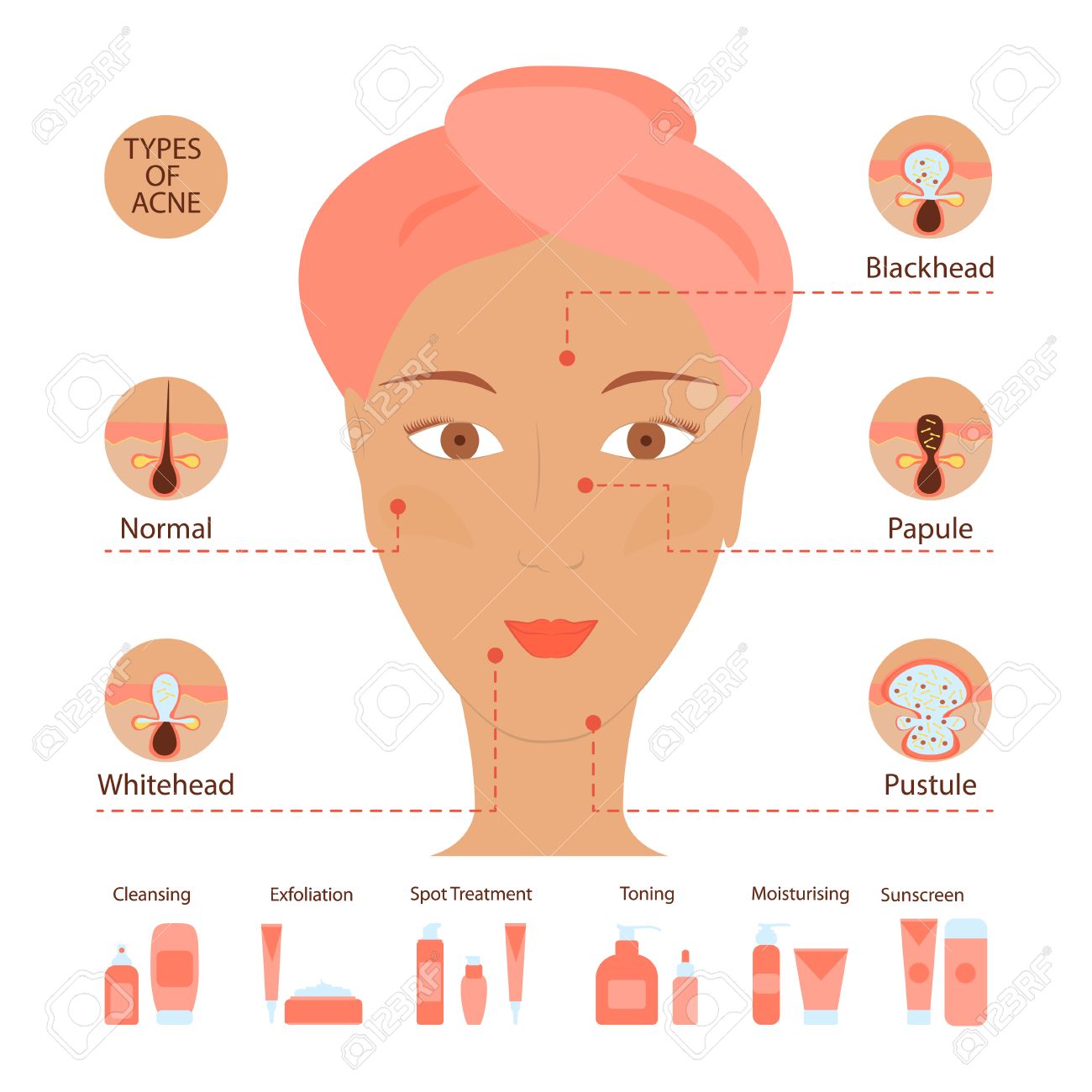Misconceptions And Facts Concerning Acne: Debunking Common Misconceptions
Misconceptions And Facts Concerning Acne: Debunking Common Misconceptions
Blog Article
Web Content Author-Termansen Kjeldsen
You may think that enjoying delicious chocolate or greasy foods is the origin of your acne, however that's simply one of numerous myths swirling around this typical skin problem. As a matter of fact, acne largely stems from clogged hair follicles, not your last dessert. Misunderstandings like these can lead you to take on ineffective skincare techniques that might also worsen your circumstance. As you browse the facts behind acne, you'll find understandings that could change your approach to skincare and assist you achieve more clear skin. So, what actually exists under the surface?
Common Myths About Acne
When it pertains to acne, lots of people count on typical misconceptions that can result in confusion and irritation. One widespread misconception is that eating chocolate or oily foods triggers acne. While diet can affect skin wellness, the straight link between particular foods and acne isn't as specific as several assume.
An additional typical mistaken belief is that you should scrub your face strongly to improve outbreaks. In truth, aggressive rubbing can irritate your skin and intensify acne.
You could additionally think that acne just affects teenagers, however adults can experience it too, usually as a result of hormonal changes or stress and anxiety. Some people assume that tanning can clean up acne, yet sunlight direct exposure can really lead to skin damage and get worse outbreaks in the future.
Last but not least, numerous believe that utilizing harsh products will get rid of acne quickly. Nevertheless, these items can remove your skin of its natural oils, leading to increased inflammation and even more breakouts.
Scientific Facts Behind Acne
Recognizing the clinical truths behind acne can empower you to tackle this typical skin problem better.
Acne occurs when hair follicles become obstructed with oil, dead skin cells, and microorganisms. This process typically begins with an overflow of sebum, the oil your skin normally produces. Hormonal modifications, particularly during the age of puberty or menstruation, can activate this excess oil.
Bacteria called Propionibacterium acnes flourish in these clogged up pores, leading to inflammation. When your body immune system reacts, it can cause soreness and swelling, leading to those annoying acnes or cysts.
Genes additionally contribute; if your moms and dads had acne, you could be extra vulnerable to it.
Diet regimen and tension degrees can affect acne as well, yet research study is still developing in these areas. While enjoying oily foods will not straight trigger outbreaks, a balanced diet plan can sustain your skin wellness.
Likewise, handling stress and anxiety can minimize hormone changes that might intensify acne.
Tips for Managing Acne
Taking care of acne successfully needs a mix of everyday skincare routines and lifestyle changes. Start by establishing a constant skin care regimen. Clean your face twice a day with a mild, non-comedogenic cleanser to eliminate dirt and excess oil. Stay clear of scrubbing also hard, as this can irritate your skin and worsen acne.
Next, incorporate products including salicylic acid or benzoyl peroxide to aid avoid breakouts. Constantly follow up with a light-weight, oil-free cream to keep your skin hydrated. Do not forget sun block; opt for non-comedogenic choices to secure your skin from UV damage without obstructing pores.
Past skincare, take notice of your diet plan. Restriction sweet and greasy foods, and focus on fruits, vegetables, and entire grains. Remaining moisturized is related resource site , so beverage lots of water throughout the day.
In addition, handle stress through tasks like yoga exercise, meditation, or exercise, as stress and anxiety can activate breakouts.
Finally, prevent picking or popping acnes. This can lead to scarring and further swelling. If your acne persists, seek advice from a dermatologist for customized therapy options.
Conclusion
Finally, it's necessary to different reality from fiction when it involves acne. By debunking common misconceptions, you can better understand your skin and make informed options for your skincare regimen. So, why continue to rely on outdated ideas when the truth can empower you? Embrace relevant webpage , focus on gentle cleansing, and bear in mind that handling acne is a journey. With the best understanding, you're one action closer to clearer, healthier skin.
